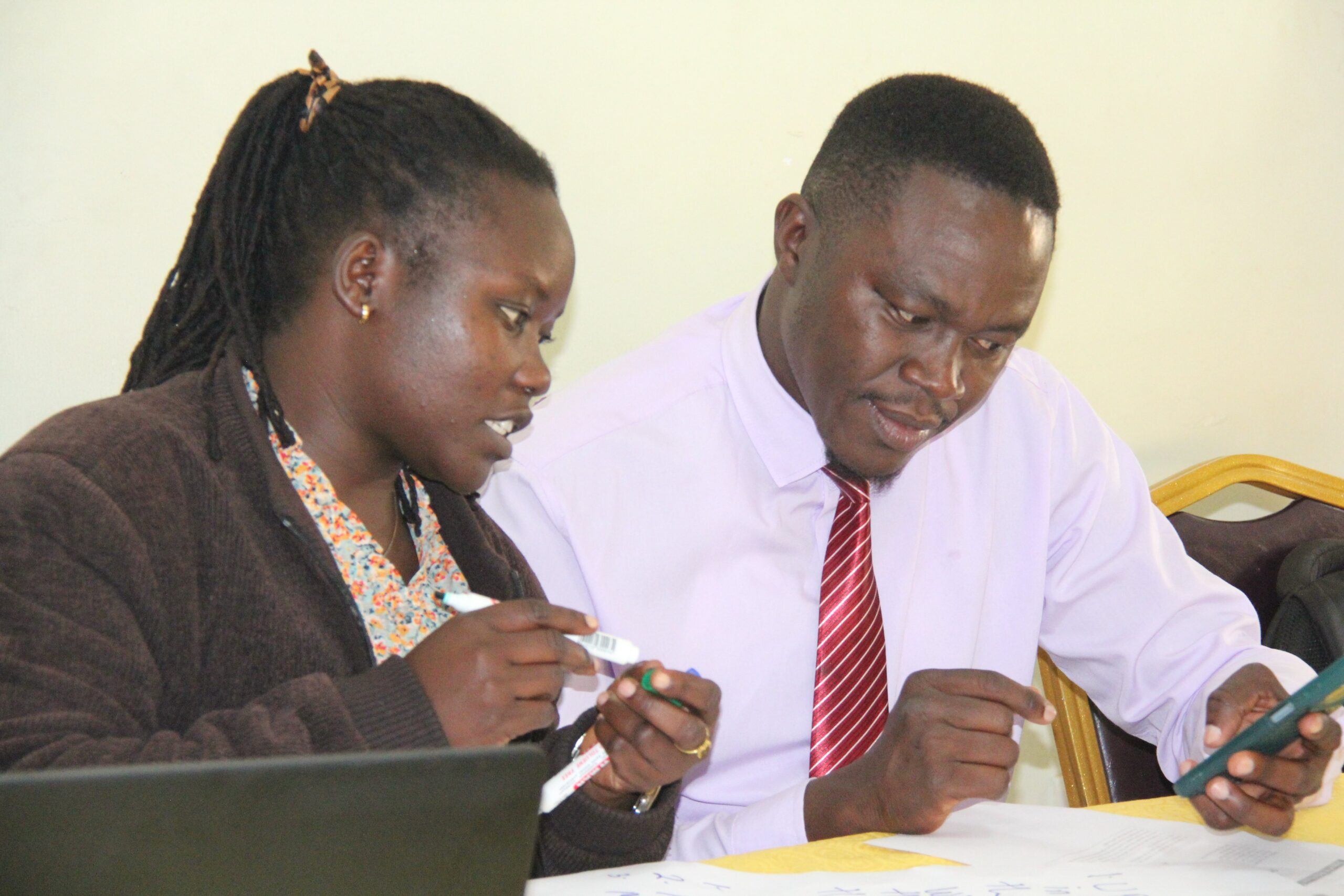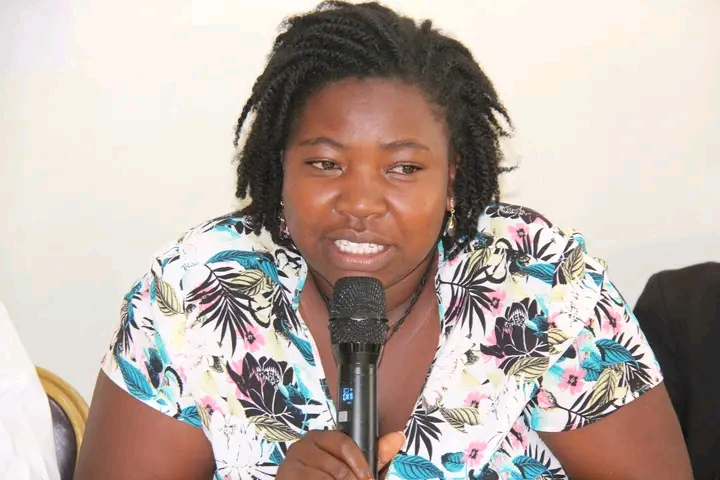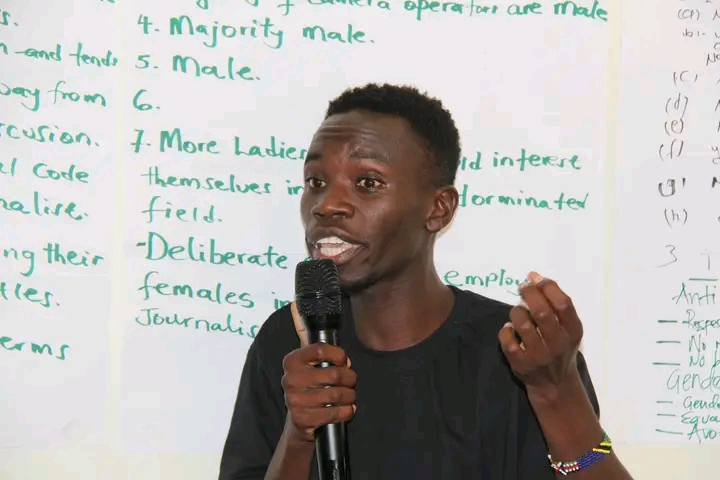
 Mama FM
Mama FM

 Mama FM
Mama FM
23 July 2025, 10:31 am

By Byamukama Alozious
The Uganda Media Women’s Association (UMWA) has convened journalists in the West Nile region for a critical dialogue aimed at transforming media structures and practices to promote gender equity and inclusive reporting. The session, held under the M-SPACE Project, is supported by the Royal Danish Embassy, alongside partners including the Uganda Editors Guild, African Centre for Media Excellence, Uganda Radio Network, the Embassy of Iceland in Kampala, the Global Media Monitoring Project (GMMP), and the World Association for Christian Communication (WACC). Together, they seek to address the underlying systems that perpetuate gender disparities in Uganda’s media industry.
During the face-to-face dialogue, journalists reflected on the composition of their media houses, mapping out who holds power, who makes decisions, and who receives key assignments. This exercise revealed a clear gender imbalance: men overwhelmingly dominate positions on boards, management teams, and key decision-making spaces, while women, persons with disabilities, and other marginalised groups remain underrepresented or absent entirely.
This disparity extends to recruitment processes. Journalists noted that recruitment panels in most media houses are often male-dominated, and interview questions posed to female candidates frequently probe personal responsibilities such as childcare or household duties—questions rarely directed at men. Participants agreed this subtly filters women out of leadership pipelines.
Once in the newsroom, female journalists’ career progression is further hindered by the conditions surrounding promotion. Several attendees recounted instances where promotion opportunities were linked to regional favouritism, sexual advances, or opaque criteria rather than merit and performance.
“Sometimes, it’s not about your experience or academic qualifications but about who you know—or worse, who you entertain,” lamented one journalist.
Prudence Joan, a journalist, vividly highlighted how gender roles at home impact women’s professional lives:
“When a child falls ill, society expects the mother—not the father—to leave work and attend to them. This affects women’s consistency at work and automatically sidelines them from opportunities for growth.”
The group also examined job assignments within newsrooms and observed that they are often distributed along gender lines. Men are routinely allocated political, security, and economic beats—the so-called ‘serious’ stories—while women are disproportionately assigned lifestyle, entertainment, or human-interest features. Moreover, staff members, especially women, are rarely consulted about the beats they would prefer to cover or where their strengths lie.
Ariku Gilbert from Access FM asked: “When do editors ever ask female reporters what beats they want to cover? The assumption is always that hard news is for men.”

These patterns, participants acknowledged, are compounded by deep-rooted cultural norms that position men as natural leaders and women as secondary. Consequently, editorial meetings and key newsroom decisions are dominated by male voices, leaving little room for women and other marginalised groups to shape news agendas.
Andy Opingopi, another journalist, emphasised the need for policy interventions to address these imbalances. Reflecting on Uganda’s recent National Resistance Movement (NRM) primaries, he noted that despite the presence of female politicians and voters, female journalists were minimally represented in the coverage.
“We need more women covering critical political events because lived experiences matter. How can a man fully capture the realities of menstruation or women’s health in politics without that first-hand understanding? Gender inclusion isn’t just a preference—it’s a policy necessity,” Andy stated.
The dialogue further revealed a critical gap in how newly graduated journalists are integrated into newsrooms. Without proper mentorship or orientation on gender-sensitive reporting, these young professionals often perpetuate the biases entrenched in the media industry.
UMWA encouraged journalists to advocate for comprehensive gender policies within their organisations—policies that do not merely exist on paper but actively guide recruitment, promotions, decision-making processes, and job assignments. Such policies would ensure that promotions are based on competence, leadership skills, alignment with the organisation’s values, and problem-solving abilities—not favouritism or gender biases.
Additionally, the dialogue urged media houses to rethink their recruitment and promotion panels to ensure diversity and fairness. Instead of relying on homogenous male-dominated committees, they should include women, human resource experts, and external stakeholders to uphold transparency.
Participants also stressed the need for regular training sessions on gender, disability inclusion, and refugee representation in the media. Journalists proposed developing mentorship programmes to prepare women and other underrepresented groups for leadership roles within media houses.
Margret Ssentamu, Executive Director of the Uganda Media Women’s Association (UMWA), emphasised:
“This is not just about women; it is about justice in storytelling. If newsrooms remain homogenous, we will continue producing one-sided narratives that do not reflect Uganda’s diversity.”